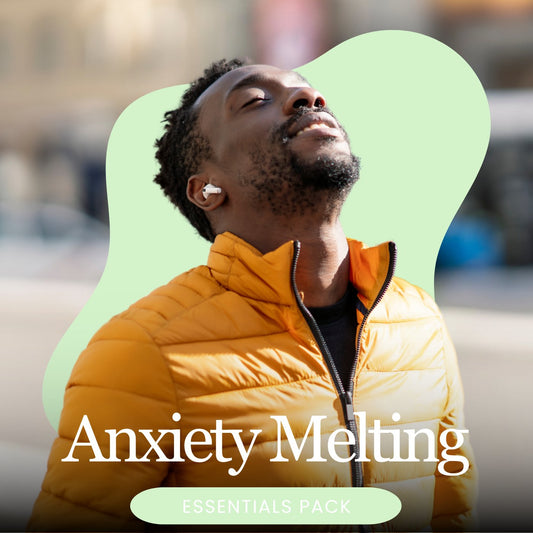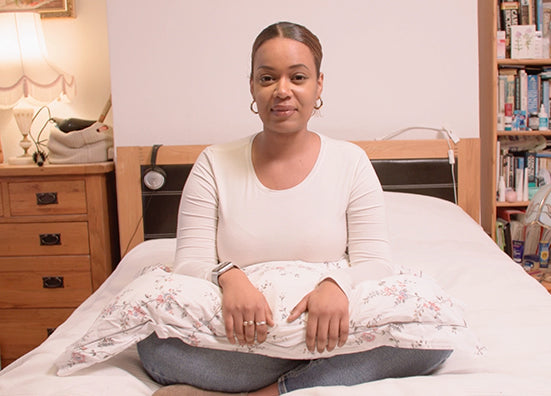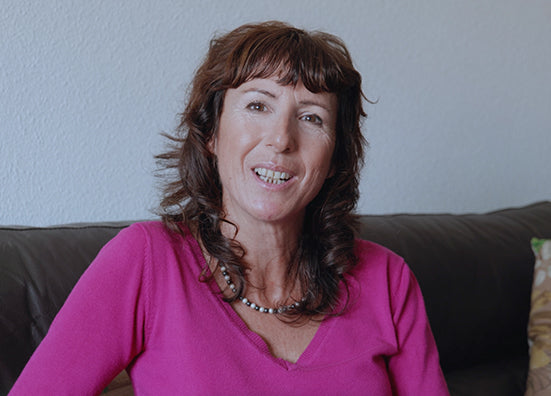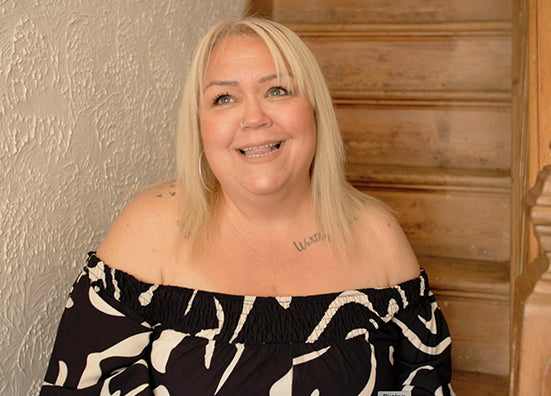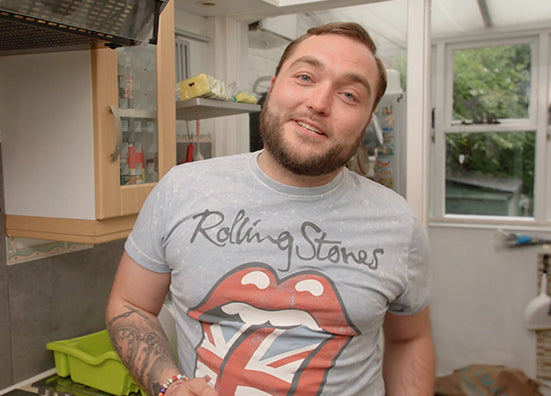
Over the next few weeks I'm going to be sitting down with parenting coach, Dominique Olivier, to pick her brain about the 10 sessions in our Children's Wellbeing Essentials Package. Each week we'll focus on one of the hypnotherapy sessions included in the package and I'll ask the questions on all of our minds.
We're beginning with the Soothe to Sleep hypnotherapy session, as this is one of the issues we get the most questions about at Clear Minds.
We all wish our kids would fall asleep quickly and easily, and sleep through the night every night, but the reality is that bedtimes are often some of the hardest struggles for parents. Kids are brilliant at coming up with delay tactics or reasons why they need more time with you, so what are parents to do?
Me: If you had a young child who was having trouble sleeping, what are the first things you would look at?
Dominique: With any child who is resisting bedtime, I would begin by making sure that there is a very connected, strong, safe separation routine for the child, the same way we pay attention to other times we separate (going to school etc). This can be one of the major separations that the child experiences during their day, but we tend to not think of it like that so we can sometimes miss the significance for them.
Me: Great, so how do we make that separation easier for them?
Dominique: Parents often dismiss children’s fears and anxiety about separating at bedtime, so the most important thing is first helping the child feel seen and heard, validating their fears rather than discounting them. For example, if a child is saying they’re afraid of the dark, ask more questions that make them feel like you really hear their fears. Mostly, they just want to feel connected, and that what’s important to them is important to you. From there, you could now come up with a plan together to help them with the issue. So instead of saying "there’s nothing to be afraid of", or "don’t be silly, you’re perfectly safe", you could say something like "you’re right, when it’s dark things look different and it can be hard to feel as safe as you do during the day. What can we do to help you feel safer?"
Next, work on a very simple routine that creates preparation for sleep, that can also include some of the plans you’ve made together for them to feel safe. So for instance, coming up with a night time mantra that they can say to themselves, like ‘I am safe, I am loved, I know I can do this’.
Other steps in the routine could be listing 2 things you loved about the day, or are grateful for. (Some families like to play 'The Rose and the Thorns', where you say the things that were great and the things that were hard).
Me: Am I right in thinking that after the sleep routine would be a good time to have your child listen to the 'Sooth to Sleep' hypnotherapy session in the Children's Wellness Package?
Dominique: Absolutely. Finishing a bedtime routine with a hypnotherapy session made for kids is a fantastic way to help them let go of their fears and get to sleep. You might find that they want to listen to it every night, or that they need it only on specific nights when they're really struggling. Over time they will begin to relax the moment they hear the first words, as their brains will have become used to that sequence and the sleep that follows.
Me: What about kids who get out of bed a few times before falling asleep, or say they need more to eat or drink?
Dominique: Yes, another popular delaying tactic is for your child to ask for more food or something to drink after they get into bed, so preempt that earlier on by offering them their last snack before they get ready for bed. Make it a high protein snack like nuts, peanut butter and apple, yogurt or cottage cheese.
Then get ahead of them getting up again by saying to the child "I’m going to come back and check on you in 5 minutes".
If they’re still awake when you come back, let them know that you’ll be back to check on them in another 5 minutes even if they've fallen asleep. This way YOU are coming back to them and they don’t have to come and look for you.
You might have to do this for a few nights, but after that they should be staying in bed and falling asleep without you having to come back a lot.
Me: OK, that sounds really great, but what about kids that wake up in the night or have nightmares?
Dominique: The first thing I always tell parents who are worrying about this is that, to a certain degree, it's normal. There are few kids who sleep right through the night every single night, and managing our expectations about this can help us stay calm and keep things in perspective.
If your child has a nightmare or is awake in the middle of the night and finding it hard to get back to sleep, first calm yourself down by remembering that every parent experiences this from time to time. Then sit with your child for a few minutes, placing your hand firmly on their sternum or back. For children who are upset or afraid might find it hard to calm their breathing, so if you breathe long slow audible breaths they can match yours. Then you can repeat the words you have started saying to them at bedtime, that you'll come back in 5 minutes to check on them, even if they've fallen asleep. And then make sure you come back in 5 minutes! This should be effective for most children, especially if it's already part of their familiar bed time experience.
If waking in the night is happening consistently, look at the child’s pre-bedtime activities and make sure they're eating enough in the evening that their blood sugar is not dropping during the night (this can be one of the things that wakes children up). You can also make sure that all the things they might need in the night are already in place (water, stuffed toys etc), and that they’re going to the bathroom before bed and that kind of thing.
I do want to mention that waking up in the night is different from night terrors. You will know if your child is having a night terror because you can see that they’re not actually awake, although they might sound like they are. If that’s the case, first tell yourself that you’re OK and can handle this, and then don’t wake the child, but with a calm touch on their sternum or back let them know that everything is fine and they’re OK. Stay with them until they've settled back to sleep, remembering to breathe calmly and not allow yourself to get frightened or upset.
Me: Dominique, thank you so much! These are really wonderful tools to help our little ones fall asleep and get back to sleep if they wake in the night.
Dominique: You are most welcome! I am delighted to have the resource of the Clear Minds hypnotherapy session for kids to offer to my clients looking for simple and effective solutions to these very common problems.
You can check out all the sessions in our Children's Wellbeing Essentials Package here!
Next week I'll be asking Dominique for her insights about healthy eating for kids, which is the second session in our Children's Wellbeing Essentials Package. Be sure to check back for her amazing tips, and share below if you've discovered any wonderful ways to help your child fall asleep and stay asleep!
------------------------------------------------------------------------------------------------
Dominique Olivier is a Essential Oils Expert, Parenting Coach and Qualified Kids Yoga Teacher. She supports parents by empowering them with tools to remember their own intuition. She lives in South Africa with her husband and 8 year old son.


